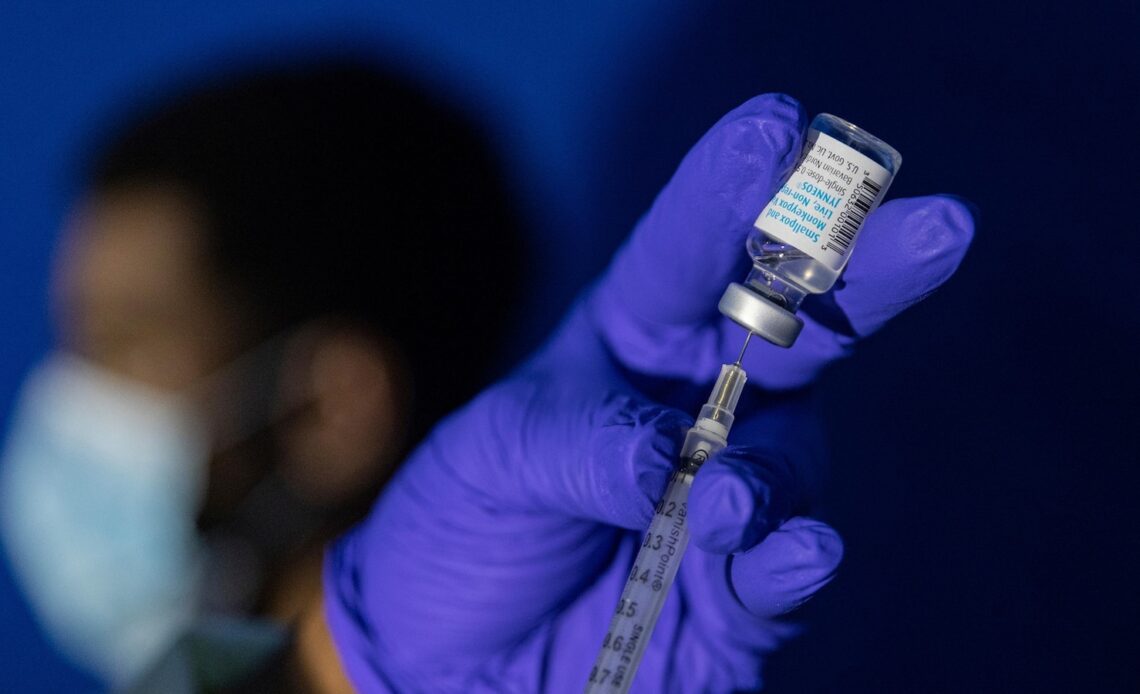LONDON — The Africa Centers for Disease Control and Prevention declared this week that the increasing spread of mpox across the continent is a health emergency, warning the virus might ultimately spill across international borders.
On Wednesday, the World Health Organization is convening its own expert meeting to consider making a similar emergency declaration over mpox. The U.N. health agency said there have been more than 14,000 cases and 524 deaths this year, which already exceed last year’s figures.
So far, more than 96% of all cases and deaths are in a single country — Congo. Scientists are concerned by the spread of a new version of the disease there that might be more easily transmitted among people.
Here’s a look at what we know about mpox, and what might be done to contain it:
Mpox, also known as monkeypox, was first identified by scientists in 1958 when there were outbreaks of a “pox-like” disease in monkeys. Until recently, most human cases were seen in people in central and west Africa who had close contact with infected animals.
In 2022, the virus was confirmed to spread via sex for the first time and triggered outbreaks in more than 70 countries that had not previously reported mpox.
Mpox belongs to the same family of viruses as smallpox but causes milder symptoms like fever, chills and body aches. People with more serious cases can develop lesions on the face, hands, chest and genitals.
The number of cases has jumped dramatically. Last week, the Africa CDC reported that mpox has now been detected in at least 13 African countries. Compared with the same period last year, the agency said cases are up 160% and deaths have increased by 19%.
Earlier this year, scientists reported the emergence of a new form of mpox in a Congolese mining town that can kill up to 10% of people and may spread more easily.
Unlike in previous mpox outbreaks, where lesions were mostly seen on the chest, hands and feet, the new form of mpox causes milder symptoms and lesions on the genitals. That makes it harder to spot, meaning people might also sicken others without knowing they’re infected.
WHO said mpox was recently identified for the first time in four East African countries: Burundi, Kenya, Rwanda and Uganda. All of those outbreaks were linked to the epidemic in Congo.
In the Ivory Coast and South Africa, health authorities have reported outbreaks of a different and less dangerous version of mpox that spread worldwide in 2022.
Africa CDC Director General…
Click Here to Read the Full Original Article at ABC News: Health…

